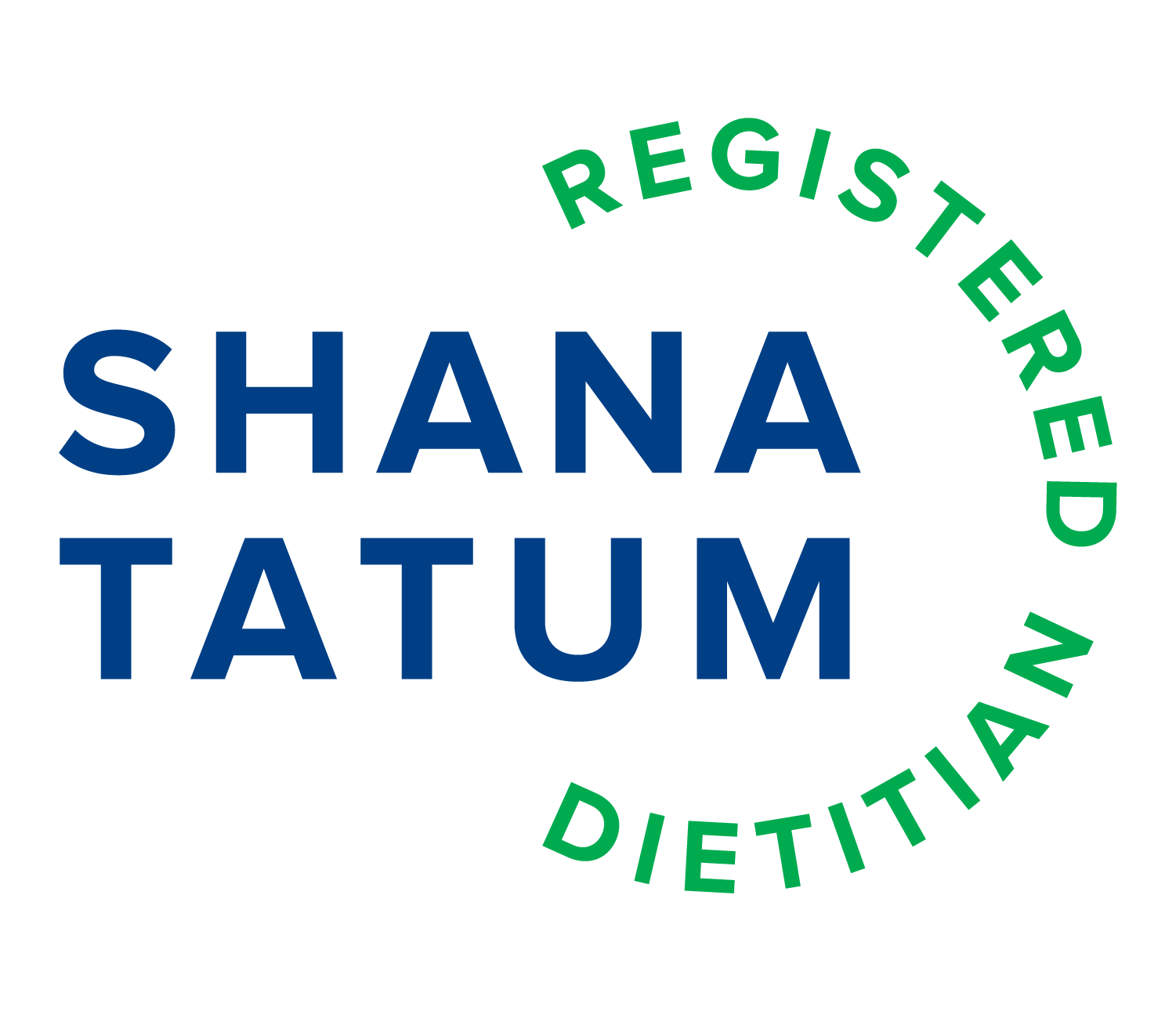Nutrition in a Pandemic
Using Nutrition Therapy to Support the Immune System during a Pandemic
While there are currently no known cures for COVID-19, scientists are working overtime to come up with protocols to treat the virus and a vaccine to prevent it. You likely have read about supplements, herbs or adaptogens to take to avoid catching this novel virus. Without oversight from the FDA to regulate supplements, consumers may be influenced by marketing and the intense desire to prevent the disease. Taking supplements without knowing proper dosage or possible interactions may set your immune system up for trouble. Please be wary of unapproved and unbranded products claiming they can treat or prevent the virus.
Here are a few things to focus on safely:
Decrease Your Risk of Exposure
Physical distancing- now more than ever. No unnecessary trips, not even to the grocery for that one ingredient. I challenge you to be creative in the kitchen. It’s a substitution smorgasbord!
Keep washing your hands- we know it reduces the risk of spreading influenza A virus and the CDC continues to recommend as one of the guidelines.
Stay home if you are sick.
Cover coughs and sneezes.
How to be Stronger Now
Eat a whole foods diet rich in vegetables. The antioxidant power with anti inflammatory action is what the immune system needs to be strong. Not only do we benefit from the fiber vegetables provide building a healthy gut microbiome, we also gain phytonutrients that are positively associated with reduced risk of chronic disease. It provides the vitamins and minerals essential to help promote a desired immune response.
Reduce consumption of sugar. I know this feels like a hard one. So many of my patients are reaching for food to calm the stress. Sugar aggravates the immune system and creates more inflammation at a time when we need the body to be calm and not in a reactive state. Researchers looked at the ability for white blood cells to react to bacteria after consumption of 100g sugar (the amount you might find in a caramel-whipped iced coffee drink). Their results showed a 50% reduction in ability to engulf bacteria.
Stay hydrated. Water transports so many biochemical nutrients in the body. Without it, our immune systems are at a disadvantage. Drink half your body weight in ounces daily, unless on a fluid restricted diet.
Include supportive bio actives:
o Vitamin C found in broccoli, oranges, tomatoes, kiwi fruit, and red, orange and yellow bell peppers. Consider supplementation as well if working with a healthcare provider.
o Zinc – This mineral plays a key role in the immune system and a mild deficiency can lead to a weaker immune response. Sources of zinc include seafood , shellfish, animal protein, chickpeas, pumpkin and sunflower seeds.
o Vitamin D – Some studies have shown that vitamin D can reduce respiratory infections and plays a role in preventing influenza. Look for vitamin D first from sunlight, but eggs, fortified dairy, and mushrooms are good food sources. Supplementation is advised if you know you are low or deficient, when working with a healthcare provider.
o Probiotics — The immune system starts in the gut with up to 60% of the immune system housed there. A good intestinal microbial balance is key to immune function. Lactobacillus and Bifidobacteria are two species found to show benefit. Sources include cultured yogurt, kefir and fermented foods such as sauerkraut (follow @shanatatumrd for an easy recipe) and kimchi.
Sleep. Make it a priority. For those deemed non-essential and officing from home, you may have gained time back in the schedule with reduced commuting. Put this toward your sleep bank! Sleep loss has been linked to cardiovascular risk, diabetes and increased risk of obesity. Notice a theme here? These are some of the high risk categories for COVID-19.
Stress less. This one is hard, and I definitely haven’t mastered it! With homeschooling, the recent loss of a loved one, and a decreased revenue in my business, my only advice is to take it one day at a time. Please know, we are all doing this for the first time and that no one has it “all figured out” even if they look like it on social media. Instead, I cling to what I do know. Funny movies, cooking with my children, walking barefoot in the grass in the backyard are ways I slow down. Find your own way and make it a priority.
Immune support should be addressed year round but when pandemics strike, we employ strategies to improve our health in the moment. Less conventional therapies such as high dose IV vitamin C or IV Ozone therapy are new treatments under review in addition to the autoimmune and anti-viral protocols currently in use. For now, changing lifestyle habits such as diet, hygiene, stress and sleep are all powers within your control. Through these modifiable factors, reducing your risk may reduce the risk for our community.

